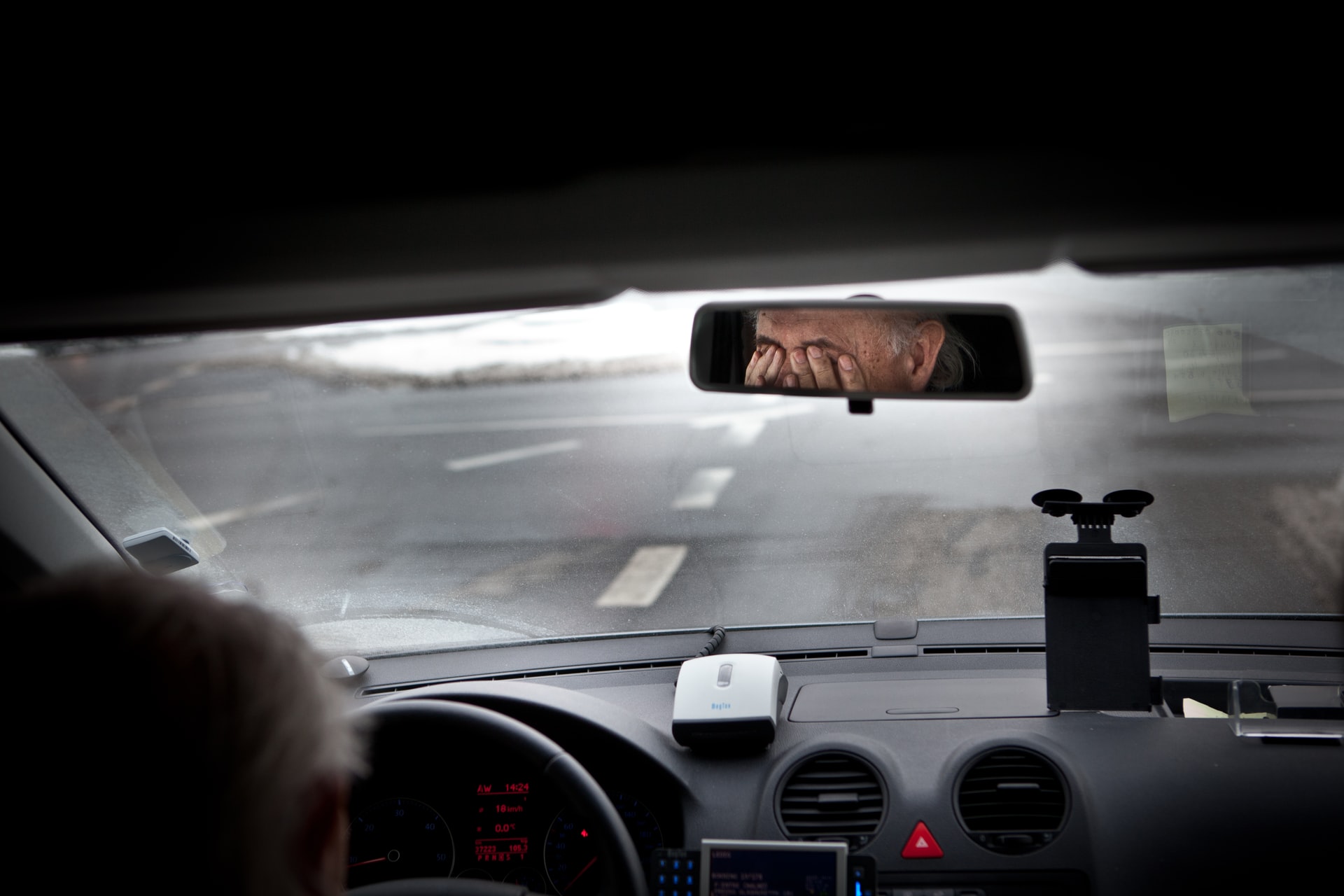Sleep Apnea Is Linked To More Traffic Accidents For Older People, A New Study Shows
Archive of the American Sleep Apnea Association
Highlights:
- Sleep apnea is more common in older people. In a car accident, they are also more likely to be critically hurt or killed.
- Treatment may help older people drive safely for longer periods of time.
- Every eight additional breathing pauses per hour increases the likelihood of making a dangerous driving maneuver by 27%.
People who have sleep apnea wake up fatigued in the morning, regardless of how much they sleep.
They stop and restart breathing dozens, if not hundreds, of times per night as a result of the disorder.
Even if such breathing disruptions do not usually disturb persons suffering from apnea, they hinder them from falling into deep, restorative slumber.
A new study, conducted by experts at Washington University School of Medicine in St. Louis quantifies the dangers of persistent sleepiness, at least when it comes to driving.
According to a study, every eight additional breathing pauses per hour increases the likelihood of making a dangerous driving maneuver such as speeding, braking forcefully, or accelerating quickly by 27 percent.
Sleep apnea is more common in older people. In a car accident, they are also more likely to be critically hurt or killed.
The findings, published online in the journal Sleep, imply that screening older adults for sleep apnea and, if necessary, treatment may help older people drive safely for longer periods of time.
“Driving always carries the risk of crashing, and older adults are at risk of more severe injury than younger adults if they experience a crash,” Babulal said. “But we can’t just tell them to give up their keys. When older people stop driving, they lose a lot of their independence and mobility, which is often associated with negative health and social outcomes. What we want to understand is what puts them at a higher risk so we can intervene and help them stay behind the wheel, safely, for as long as possible.”
Read the original article on the Washington University School Of Medecine in St. Louis



